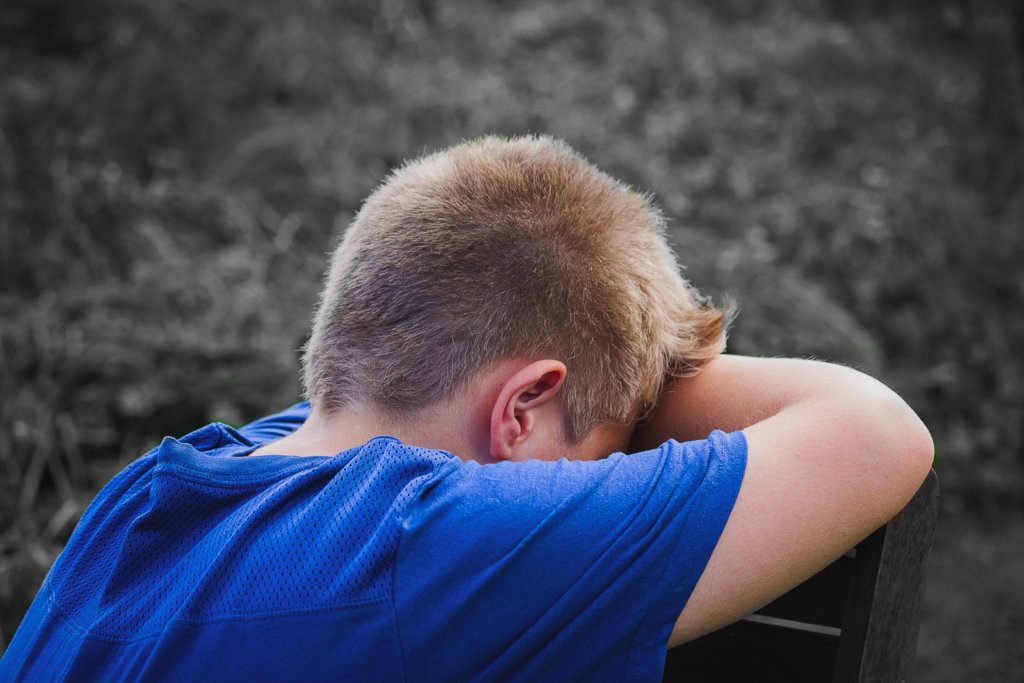
Is Your Adolescent Depressed?
2020 was not what anyone expected, dreamed of, or could even imagine, and we have all experienced it in our own way. As the new year ramps up we should take time to virtually connect with our extended families and make an extra effort to be there for any young adults in our lives. Growing up and entering adulthood is one of the most stressful times in everyone’s life. Young adults could also be struggling with mental health decline, but at times feel ignored because they are expected to act out and be difficult. The uncertainty and changes in their lives this year, limited physical contact with extended family and peers, Christmas, and the added stress of a very unpredictable school year for most, can trigger any sort of stress, panic and anxiety in adolescents. Adolescents are growing and developing quickly and are under increased pressures, increased decision making, while they are searching for their identity and figuring out their place in their family, peer group, their world. Adolescent behaviour can be challenging to understand at times, but with all of the changes in our routines and living environments this year, it’s even more difficult to pick up on changes in their moods or routines. Do you know if your child is coping well, or should you be concerned about their mental health?
According to a new report, released September 3, 2019 by Sara Austin, founder of Children First Canada, suicide is the second leading cause of death among young people in Canada. The report suggests that one in five children and youth in Ontario will experience some form of mental health problem, but only 18 per cent will actually receive the help they need. This year families are spending more time together than ever, but the teen clients I talk to say that they spend most of their time in their room. Parents are busy and stressed out as well and may not pick up on the warning signs that their child is depressed and considering suicide, and don’t know what to do if they do suspect that their child is having mental health problems
Parents should check in on their adolescent regularly and monitor them for changes in their routines and personality. Mood swings are normal, but are they experiencing persistent sadness, anxiety, or not eating/sleeping well? Are they connecting with their friends, has their peer group changed? It is normal for adolescents to experiment with drugs and alcohol but are they using regularly? Has there been a decrease in personal hygiene? Does your teenager constantly argue with you and escalate the arguments constantly? Also watch for any signs of self-harm or cutting. By paying attention to your adolescent’s behaviors you are able to recognize any changes more quickly. The sooner you access support services the easier it will be for you to get your child to accept help and support. Your supportive, trusting and open relationship with your adolescent will be what is most important to ensure they maintain good mental health, but most teenagers don’t want to talk with their parents. Even if your young person does not want to spend a minute in the same room with you there are still thing you can do to support them.
The emotional wellbeing of children is just as important as their physical health. Adolescents need to feel that they matter, that they belong. Talk to them, create a safe place, they need to be heard, they need to know that you love them, unconditionally, don’t assume they feel it. They may reject you and ignore your suggestions for one on one time, but don’t give up on them. Find ways to spend time together doing something that you know they enjoy doing. Make mealtime family time and plan a family activity night once a week. If you’re adolescent does not want to talk to you right now, don’t give up, keep asking, and keep making time for them. If you suspect your adolescent is depressed ask them if they are having thoughts of suicide. You will not make someone consider suicide by asking, but if they are experiencing suicidal ideation, you could save their life by asking. Give your young person the information for Kids Help Phone at 1-800-668-6868 kidshelpphone.ca. and post it on the fridge. Your young adult may benefit from talking with a therapist and don’t want to ask you for help because they feel like they have let you down. Adolescent years are some of the most stressful times in everyone’s life and this year it is even more important to reach out to show each other that we care and that no matter what happens we will get through this together. When children and teens have good mental health they develop the resilience to cope with whatever life throws at them and grow into well-rounded, healthy adults who can cope with the stresses of adulthood.
Additional Reading:
Share This Post
Our Latest Posts
Sorry, we couldn't find any posts. Please try a different search.
